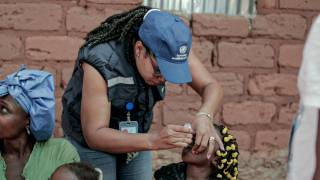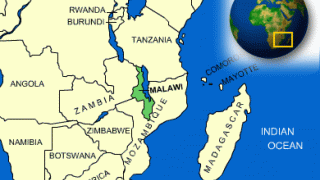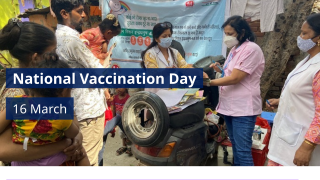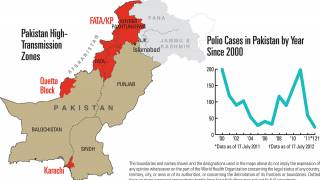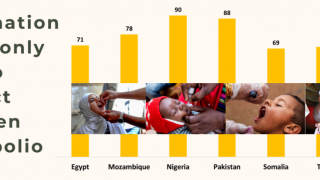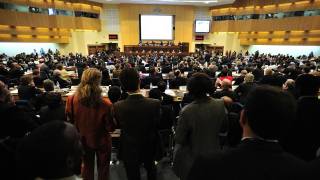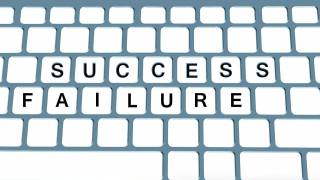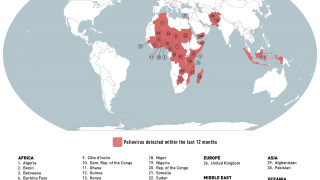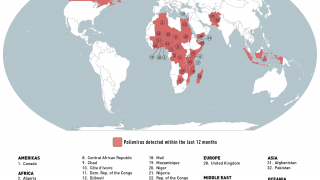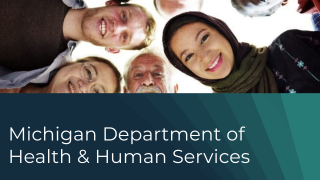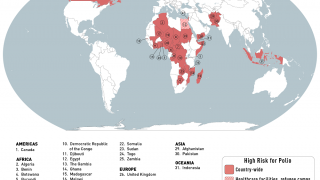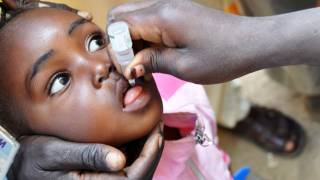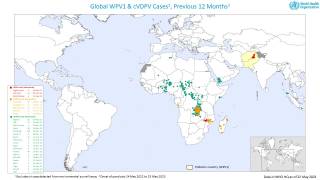Novel Polio Vaccine Investments Offer Measurable Returns
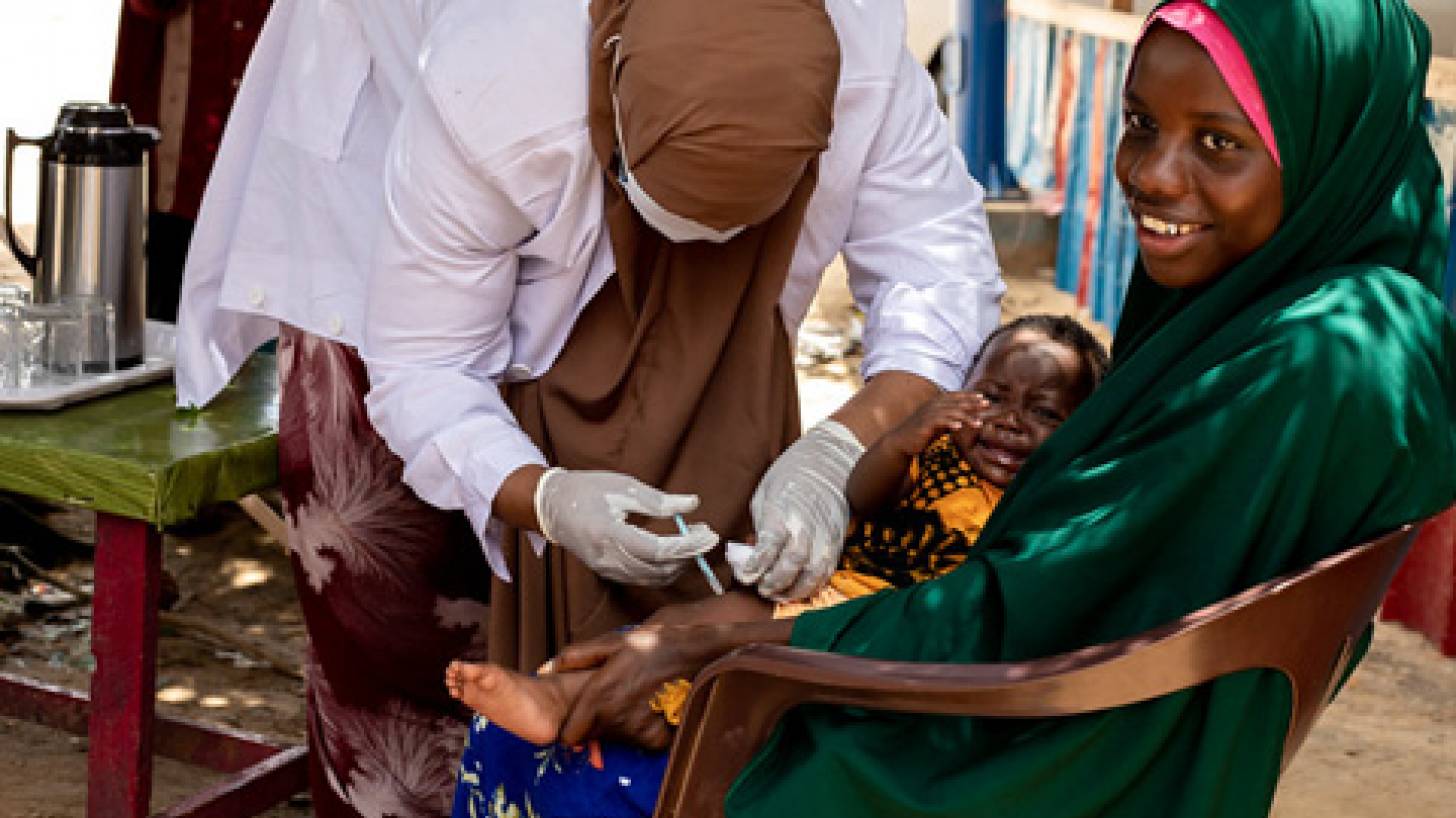
A recent investment case has shown that a successful polio transition in the WHO Eastern Mediterranean Region can generate a high return on investment.
According to the study, sustaining and integrating polio assets into expanded immunization, surveillance, and emergency response programs can bring economic and social benefits worth an estimated $289.2 billion.
With the current cost of this work being $7.5 billion, it means that for every dollar spent, the return on investment is almost $39.
At the 154th session of the WHO Executive Board, the outgoing WHO Regional Director for the Eastern Mediterranean Region, Dr. Ahmed Al-Mandhari, drew attention to these findings in a press release issued on February 14, 2024, "We have conducted an investment case to mobilize resources for longer-term sustainability of public health functions.... and highlights the economic value and social benefits of sustaining polio assets and integrating them into national health systems."
This report offers clear evidence that national governments, donors, and other stakeholders must now seize the opportunity to use these assets to build strong, equitable, and resilient health systems.
The report includes data from polio transition in Iraq, Libya, Somalia, the Syrian Arab Republic, Sudan, and Yemen, which have been certified as polio-free, and Afghanistan and Pakistan, which are yet to be certified.
For years, the Global Polio Eradication Initiative (GPEI) has provided substantial technical and financial support for vaccination programs. These capacities are necessary to sustain a polio-free world and, at the same time, build resilience and deliver improved health outcomes.
Polio, or poliomyelitis, is a disabling and potentially deadly disease. It is caused by the poliovirus, says the U.S. CDC. The virus spreads from person to person and can infect a person's spinal cord, causing paralysis.
As of February 2024, the GPEI has empowered over 1 billion vaccinations with the type 2 novel oral polio vaccine (nOPV2).
This new polio vaccine has been 'triple-locked' using genetic engineering to prevent it from becoming harmful and producing a gut reaction. As a result, nOPV2 is reported to be more genetically stable than legacy oral polio vaccines.
In the United States, the inactivated polio vaccine (IPV) is the only vaccine administered since 2000. The CDC recommends that children get four doses of polio vaccine.
Furthermore, based on destination, the CDC suggests that international travelers speak with their healthcare provider regarding polio booster options in 2024.
Our Trust Standards: Medical Advisory Committee






